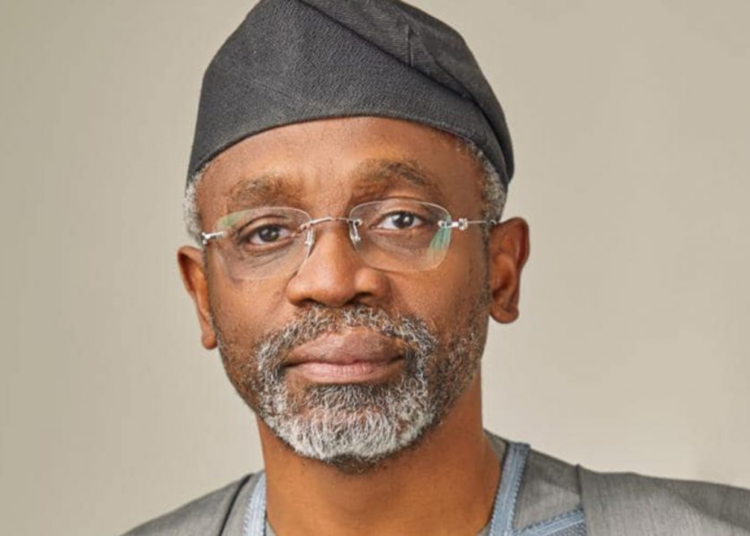Mr Femi Gbajabiamila, President Bola Tinubu‘s chief of staff, has called for establishing a counterpart funding model between the federal and state governments to respond effectively to disaster outbreaks in the country.
He urged the management of the National Emergency Management Agency (NEMA) to look inward to creatively fashion ways to mobilise funding for its disaster prevention and mitigation responsibilities. “Resources are limited. It‘s time we start thinking outside the box for a more creative way to fund NEMA. The urgency of it is like yesterday. We need to think quickly of ways to raise funds because the government alone cannot do it,” he stated.
He made the remarks when he paid an official visit to NEMA‘s headquarters as part of the resolutions of the recent retreat for presidential appointees.
This is as the director general of NEMA, Mrs Zubaida Umar, has disclosed that the agency has provided 626,135 relief materials to 102,232 people who were affected by various disasters, including floods, banditry, and fire outbreaks, between January and now.
“NEMA coordinated response to 158 emergencies aiding 118,337 individuals, rescuing 4,706 and unfortunately reporting 1,414 fatalities,” Umar said. She said 526,703 people had been affected by disastrous floods, killing 175 people and 79,138 houses, while 203,902 persons were displaced, with 107,652 hectares of farmlands affected as of 27th August 2024.
Also, the deputy chief of staff to the president, Mr Ibrahim Hassan Hadejia, said there needs to be more expectation on NEMA to respond to emergency issues, calling the sub-nationals to live up to expectations for prompt and effective response to emergencies. “A lot of the states need to live up to their responsibilities. NEMA can always coordinate emergency responses. This funding to NEMA is reduced because a part of the funding is given to the states to respond to emergencies,” he stated while encouraging NEMA to focus on preparedness and prevention.
Mr Gbajabiamila said the visit was part of efforts to position NEMA as a more proactive disaster prevention agency than its current presentation, which portrays it as more of a disaster mitigation agency.
“It will help to reduce the money that goes towards mitigating something that should have been prevented in the first place. Flooding is a yearly occurrence, and the warnings are always there,” he stated.
Earlier, the NEMA DG said the organisation needs better funding, which would make it difficult to effectively carry out its core disaster prevention and mitigation mandates.





